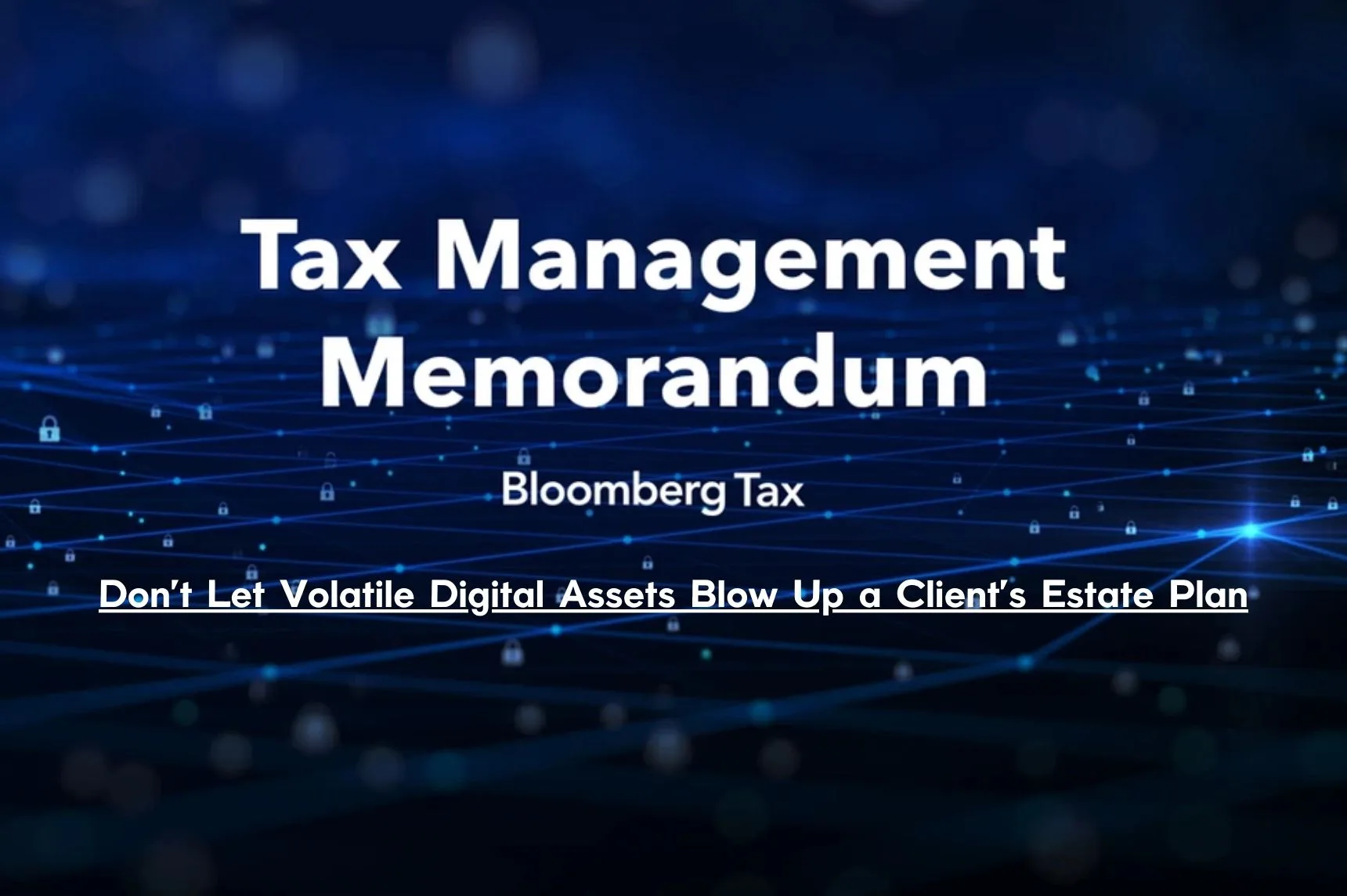The Potential Implications of the Corporate Transparency Act (“CTA”) on Individual Privacy
What is the Corporate Transparency Act?
On January 1, 2024, the Corporate Transparency Act (“CTA”) went into effect, requiring the U.S. Treasury Department’s Financial Crimes Enforcement Network (“FinCEN”) to collect beneficial ownership information (“BOI”) from corporations and limited liability companies (“LLCs”) registered in the U.S.
A beneficial owner is an individual who, directly or indirectly, exercises substantial control over a “reporting company” or who owns or controls at least 25% of the ownership interests of the company. The mandatory disclosures include the individual’s full legal name, date of birth, address, and a unique identifying number such as an EIN or Social Security number, or an identification number issued by FinCEN. BOI information is reported through the Beneficial Ownership Secure System (“BOSS”), which is a “a non-public, secure registry” managed by FinCEN.
The cost of non-compliance can be highly punitive: Failure to disclose the required information to FinCEN may be subject to severe civil and criminal penalties, including a fine of up to $250,000 or imprisonment up to five years.
What is Considered a Reporting Company?
The CTA regulations apply to “reporting companies,” which are further delineated as Domestic and Foreign Reporting Companies. Virtually any company established by filing organizational documents with a Secretary of State of any U.S. state is a “reporting company” and is subject to the reporting requirements. Even single member or trust-owned LLCs created anywhere in the U.S. are subject to the disclosure rules.
Almost all U.S. domestic LLCs are Domestic Reporting Companies, even if they were only established for personal wealth structuring purposes.
A Foreign Reporting Company is an entity established outside the U.S. that is registered to do business with a Secretary of State (or equivalent office). Foreign companies that are not required to register to “do business” are NOT foreign reporting companies under the CTA regulations. Each state’s statutes and the rules enacted by the various secretaries of state determine what level of activity constitutes “doing business” in the state. If a particular locality does not require a foreign company to register to do business, it is not considered a Foreign Reporting Company under the CTA regulations.
How Are Trusts Affected by the CTA?
Importantly, trusts are not “reporting companies” and are not subject to the CTA disclosure rules. Of course, there are scores of different types of trusts and many attractive trust jurisdictions that may provide appropriate planning solutions. The tax characteristics, privacy, and protection offered by a trust depends entirely on the type of trust, where it’s established, and how it’s managed.
Planning for non-disclosure of beneficial owner information to the FinCEN database requires careful analysis to determine if the foreign entity is exempt from the disclosure rules or if a certain type of trust framework achieves broader wealth planning objectives. Clients who place a high premium on privacy and who wish to keep their personal information out of a national “Financial Crimes” database should seek legal counsel to determine how to structure their entities with the CTA in mind. Bespoke Group actively works with its clients to navigate these reporting requirements while optimizing for privacy.
Why FinCEN’s Regulations Endanger the Right to Privacy
For decades, LLCs have been used both to enhance asset protection and to provide privacy for personal use holdings like vacation homes, non-mortgaged primary homes, or personal & family investment portfolios. It has been standard wealth planning practice to use trust-owned LLCs in robust privacy jurisdictions like Wyoming or South Dakota to allow affluent clients to hold real estate or other family assets in private structures, often within tax-advantaged irrevocable trusts. Financially and commercially successful individuals understandably seek to preserve their privacy and protect themselves and their family from curiosity seekers or from those with nefarious intent to harm the client or the client’s family.
The requirement for LLCs created and registered in the U.S. to report personal information to a federal database managed by the Financial Crimes Enforcement Network raises valid concerns for individuals focused on protecting their privacy.
These regulations and reporting processes may significantly affect the right to privacy for many individuals and families in the U.S. Personal information stored within a financial crimes database is not guaranteed to be protected from a data breach, and digital records are effectively permanent historical and traceable records. Furthermore, with these regulations in place, efforts to protect one’s privacy through an LLC structure puts individuals in the uncomfortable position of being tracked within a financial crimes database. Many people prefer the ability to protect their privacy without coming under the scrutiny of financial crimes enforcement agencies or any type of criminal enforcement agency.
A Precedent Has Been Set
Another important factor to consider is the potential expansion of this act over time, resulting in additional beneficial ownership information being collected at the federal and state level. Now that a precedent has been set, expanding the scope of information that could be collected in the future is potentially a lower hurdle.
Since the initial rollout of the CTA, various states have been working on their own reporting requirements, often focusing on narrower categories of “reporting companies”. In addition to placing greater administrative burdens on individuals and corporations, state-level BOI collection will likely raise concerns regarding privacy and could potentially increase the risk of data breaches as this information is stored in a separate database. Moreover, states may implement more frequent data collection timelines, and companies that do not adhere to these requirements could face additional fines and penalties.
Our Focus on Privacy
Privacy is generally understood to be a fundamental human right and preserving and protecting the privacy of our clients is central to our services. Our team is dedicated to providing industry-leading wealth management solutions, and privacy is a key factor in every decision we help our clients make. The Corporate Transparency Act presents new challenges for our industry, and in an ever-changing regulatory environment, Bespoke will always look for opportunities to optimize for privacy while maintaining compliance with existing regulations.
Additional Resources: FinCEN Beneficial Ownership Reporting
FinCEN Beneficial Ownership Information Reporting Rule Fact Sheet
https://www.fincen.gov/beneficial-ownership-information-reporting-rule-fact-sheet
FinCEN Beneficial Ownership Information FAQ
https://www.fincen.gov/boi-faqs
Beneficial Ownership Reporting Outreach and Education Toolkit
https://www.fincen.gov/boi/toolkit
If you’re interested in learning more about Bespoke’s approach to private wealth management and how we can help you build a secure financial future, we invite you to reach out to us directly. We’d be happy to set up a confidential consultation at your convenience.
Thank you for considering Bespoke as your partner in wealth management. We look forward to the opportunity to work with you.
This information is intended for general educational purposes only and should not be construed as legal or investment advice.







